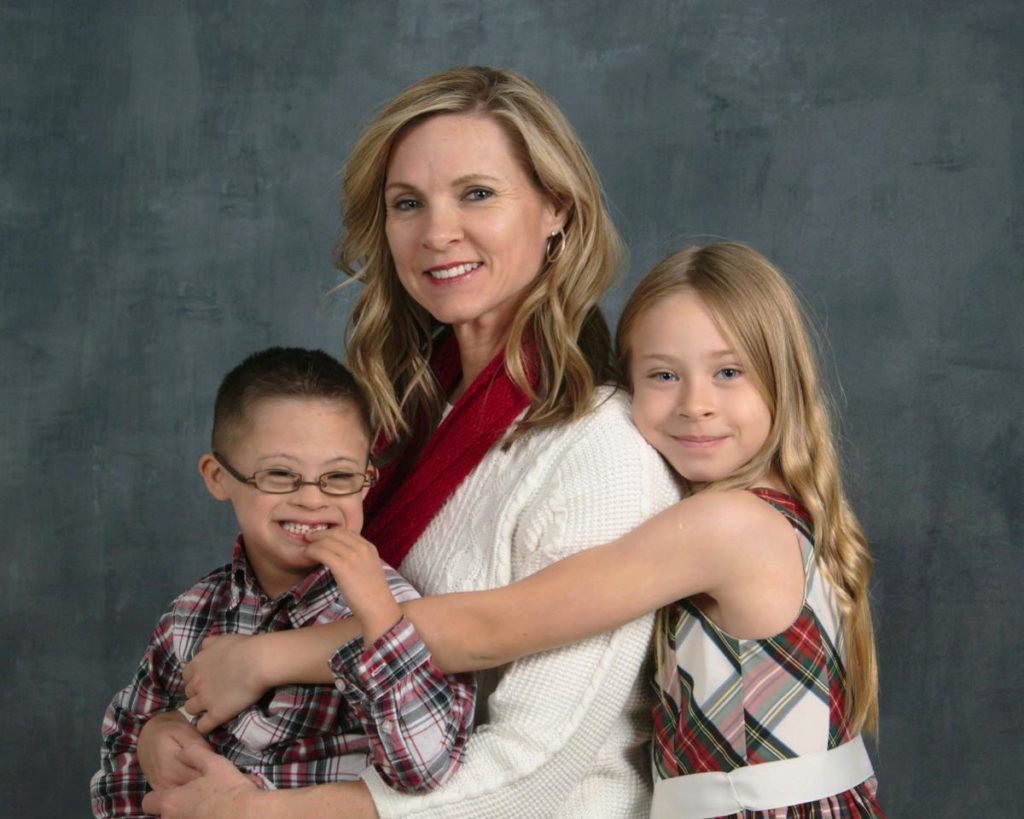
By Sammie Ann Wicks
Denise Torres vividly remembers the day doctors told her baby might be born with Down syndrome.
“It was a big deal, no doubt about that, hearing my boy probably was going to be born with the Down issue,” said Torres, whose son Emilio is now 6. “I mean, after a baby is born, so many mothers are already in a kind of post-partum depression. And of course, I was unsure of what the future would hold, and how I’d be able to deal with it.”
Torres says during the course of her pregnancy she and her doctors already had seen signs Emilio might have the syndrome.
“Before he was born we already had hints of this—he had a characteristic heartbeat, and other things,” Torres remembered adding his ultimately being born with Down features came as no surprise.
Down syndrome babies have an extra copy of their 21st chromosome which causes many of them to have distinct physical features and to develop physical and learning issues as they grow up.
But with time, as Emilio grew, started school, and began to interact with his peers, Torres said she came to realize what every parent or every teacher of a Down child comes to understand:
“You know, he’s just a kid, learning, interacting, being around other kids like other kids do,” Torres declared. “He’s just different—and in a way, the kids he’s around show more acceptance of him sometimes than adults.”
Emilio’s size contributes to this, says Torres.
“Even though he’s 6, with his initial problems with eating because of heart problems, he’s just so tiny and loveable— the other kids realize there are some things he can’t do well, and are happy watching out for him—and they include him, like my daughter does.
“Torres’s 8-year-old daughter Ivy is always eager to help with Emilio’s care.
“I sometimes have to remind her that he’s not her little baby,” Torres laughed, “but I’m glad she’s around, and she helps me a lot.”
Born in Texas and going on to earn a master of science degree in electrical engineering at Kansas State University, Torres now works full time as an engineer with a local start-up firm. She hopes she’s a good role model for her daughter.
“I push my girl, I do, but I’ll always support her in whatever she wants to do. And in her way, she’s just as challenging as her brother—just in a different way,” Torres said.
Like Chandler’s Collette Prather, Torres hopes schools and school systems begin
to work toward the complete inclusion of special needs children in regular classrooms.
“I do not think special needs kids should be put into a separate room,” Torres declared. “Kids learn from each other, and learn to socialize together. That’s where I want my child to be.
“So as parents of special kids, that’s one of our biggest challenges—finding a school or school system that understands that the inclusion of our children into the mainstream is better for everybody.”

